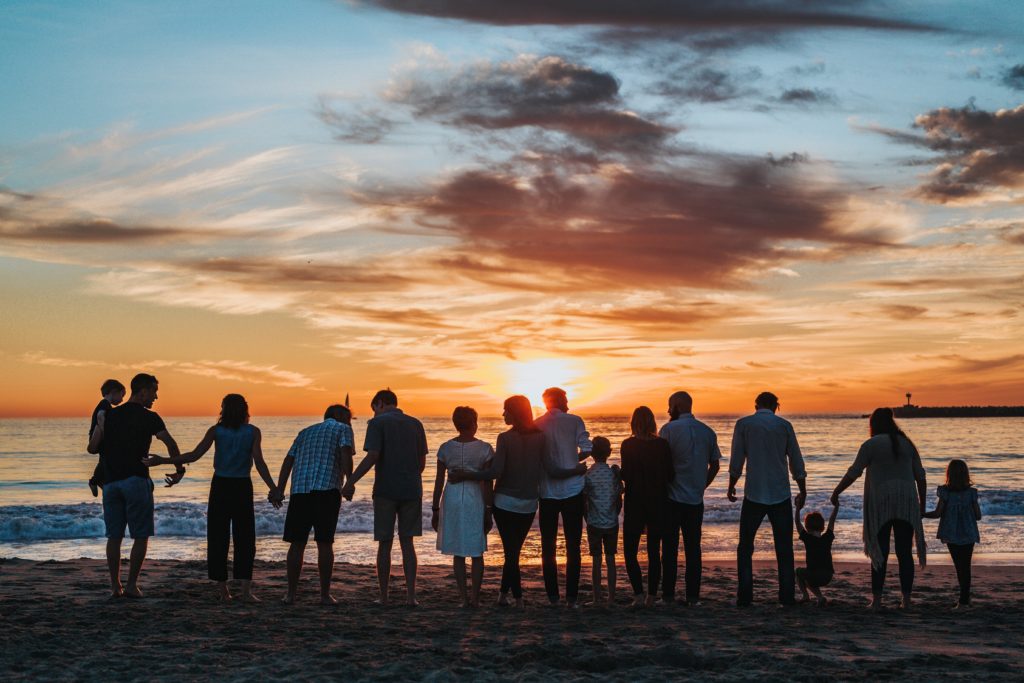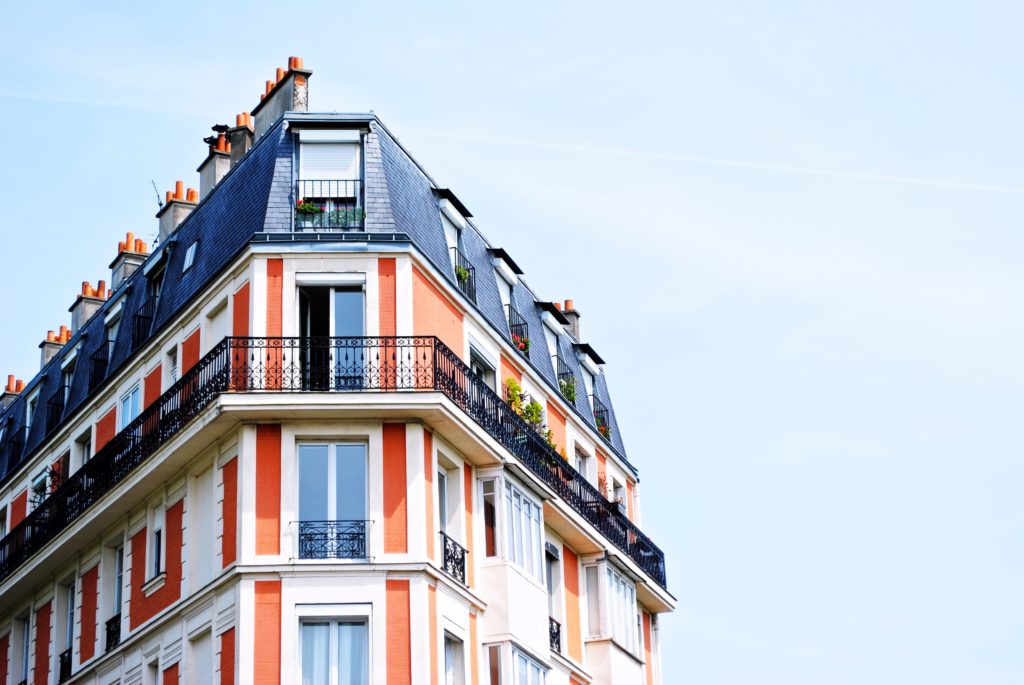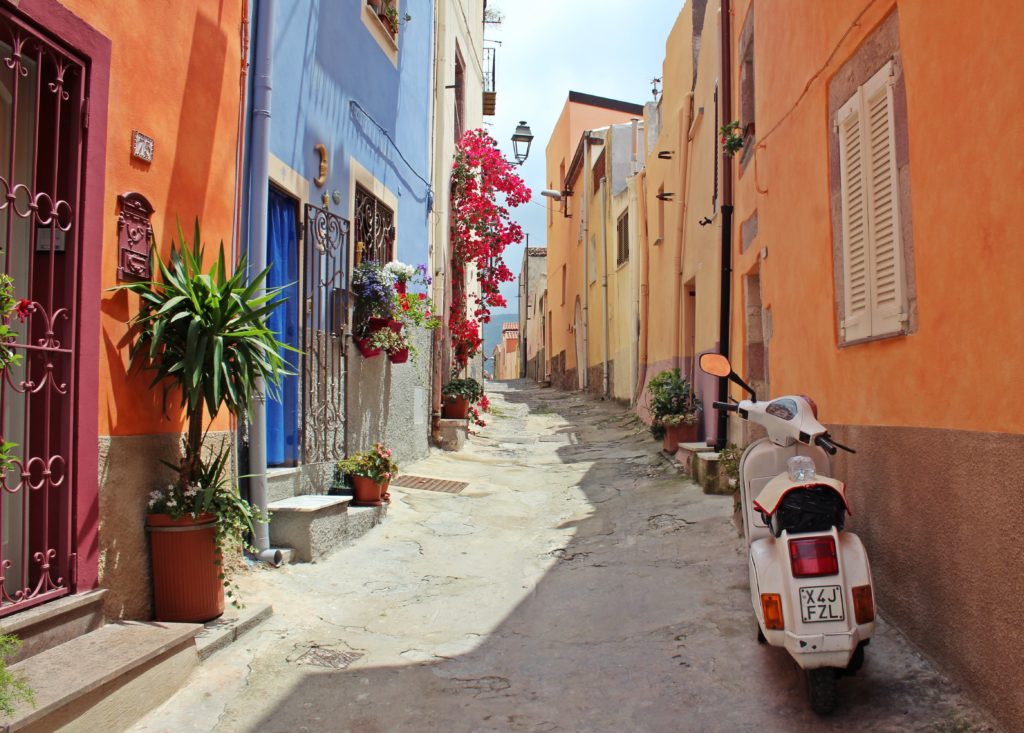Family reunification is a legalization procedure in Italy for family reasons. If you are a relative of an Italian citizen, or a citizen of another EU country, or a citizen of another state who legally resides in Italy, you can reunite with that person and receive a residence permit.
If you have a residence permit in Italy and you meet certain conditions (see below), you can bring your close relatives to Italy.
Who can reunify the family?
Family reunification is allowed for applicants holding the following type of residence permit in Italy valid for at least 1 year:
- Employed or self-employed;
- Study;
- Political refugee;
- Personal safety;
- Religious motives;
- Family motives;
- Long term residency;
- Waiting for citizenship.
What kind of relatives can you reunite with?
- If you are the owner of one of the above residence permits
- close relatives living abroad, namely: an adult spouse;
- unmarried minor children, children of spouses, and children born out of wedlock (confirmation of the second parent is required);
- adult children, if they cannot support themselves on their own for health reasons (or disability);
- dependent parents if they have no other children in the country of departure or origin;
- parents over 65 years of age if other children in the country of departure cannot take care of them due to serious health problems (documented circumstances)
Conditions for reunification
When you want to transport a member of your family to Italy, then you act as its sponsor:
You must meet certain minimum income and living space requirements to support the relative (s).
Moreover, you need to provide the relevant documents. Income When calculating income, not only the income of the applicant is taken into account, but also all family members registered with the person (the so-called nucleo familiare). This requirement does not apply to holders of refugee status.
Availability and quality of living space
The applicant must have accommodation that meets sanitary and hygienic requirements. It can be owned or rented.
Minimum living space For 1 person – 14 sq.m.
- For 2 people – 28 sq.m.;
- For 3 people – 42 sq.m.;
- For 4 people – 56 sq.m
For each subsequent relative, +10 sq. M.
Minimum footage of rooms
- Bedroom for 1 person – 9 sq.m.;
- Bedroom for 2 people – 14 sq.m.;
- Living room – 14 sq.m.
One-room apartment Area for 1 person – 28 sq.m. (including bathroom) For 2 people – 38 sq.m. (including bathroom) Besides, there are requirements for the height of the ceilings (at least 2.70 m), the availability of heating (for certain regions of Italy), the presence of opening windows in the kitchen and living room.
Required documents:
- Original proof of ownership or rental housing, or title deed of the place of residence;
- Housing Certificate of Sanitary and Hygiene Compliance (issued by ASL) and Building Code Certificate (issued by the Municipality).
- If your relative is a child under 14 years of age who arrives accompanied by one of the parents, it is sufficient to provide the written consent of the owner of the home in which he will live;
- The applicant can also place his relative in a different dwelling and not in the same one where he lives.
- This accommodation must meet the above requirements. These requirements are not imposed on holders of refugee status.
Confirmation of relationship
To prove their relationship with the applicant, the relative must provide the relevant documents.
What documents are suitable:
marriage certificate for spouses. It must be translated into Italian by an accredited translator, and certified by the Italian Embassy / Consulate;
birth certificate for children, translated and legalized.
Also, the written consent of the second parent is required if he/she lives abroad. Family reunification procedure
6 Steps for family reunification in Italy:
- The applicant registers on the website https://nullaostalavoro.interno.it and submits a request for the issuance of a permit for “Nulla Osta”, having previously filled in the necessary questionnaires and attached copies of the necessary documents.
- If the request is completed correctly, the applicant will be invited to the Prefecture with the original documents.
- The prefecture checks that the applicant meets all the requirements. The process of verification and issuance of “zero ost” according to the law can last up to 180 days from the date of submission of the original documents.
- After 180 days, if all documents are in order, the Immigration Service will issue an entry permit for the relative. If the applicant or relative does not meet the requirements, the service issues a refusal, which can be challenged administratively.
- A relative of the applicant applies for a visa for family reasons from an Italian diplomatic representative in their country of departure. He must also provide documentary proof of his/her relationship with the applicant. The consular authority will check the documents and, if everything is in order, issue a visa for family reunification. By law, this can take up to 30 days from the date the application is submitted.
- Upon arrival in Italy, the applicant’s relative must apply for a residence permit for family reasons from the Immigration Service within 8 days.
Italian family residence permit
Upon family reunification, your relative will receive a so-called family residence permit. It is also issued after marriage to citizens of Italy or another EU country. The only difference is that if you live in Italy for a residence permit, then your family will have a residence permit of the same duration as yours. In the case of marriage with an Italian, the spouse is usually immediately issued a residence permit for 5 years, and after 2 or 3 years (depending on whether the couple lives in Italy or not), you can request citizenship.
What are the rights of a family residence permit? Like all types of residence permit in Italy, it practically equates you in rights with the citizens of the country. You can enter and leave Italy without a visa, move freely around the EU countries, work, study, access the public health system, open a bank account, and much more. The only limitation is related to the inability to participate in the elections and referenda in Italy.





